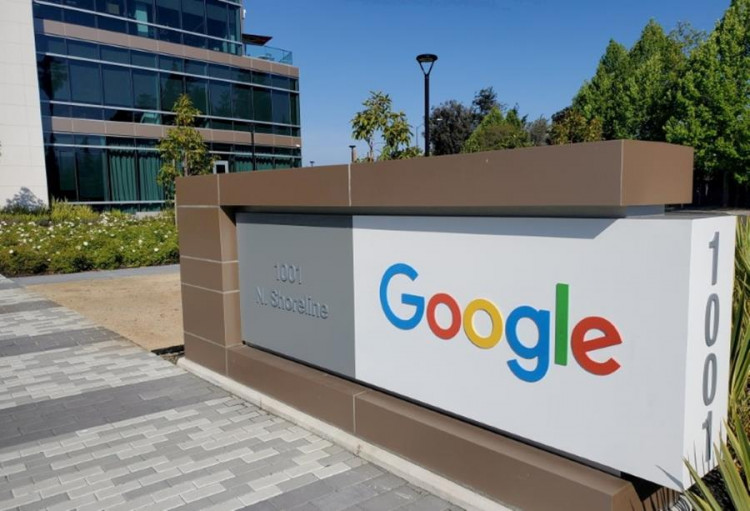The British Competition and Markets Authority (CMA) has launched a significant challenge against Google, accusing the tech giant of abusing its dominant position in the digital advertising sector. The CMA issued a statement on Friday, provisionally finding that Google's practices in the ad tech industry have been stifling competition, potentially harming thousands of publishers and advertisers across the United Kingdom.
In its statement, the CMA alleged that Google has been leveraging its market dominance to unfairly favor its own ad tech services, thereby disadvantaging competitors. The regulator highlighted that the "vast majority" of U.K. publishers and advertisers rely on Google's technology to buy and sell ad space in a market where annual spending reached £1.8 billion as of a 2019 study.
Juliette Enser, the CMA's interim executive director of enforcement, emphasized the importance of maintaining a competitive environment in digital advertising, which she noted plays a crucial role in keeping online content free or affordable for consumers. "Adverts on these websites and apps reach millions of people across the UK-assisting the buying and selling of goods and services," Enser said. "That's why it's so important that publishers and advertisers-who enable this free content-can benefit from effective competition and get a fair deal when buying or selling digital advertising space."
Google, however, has rejected the CMA's assertions. Dan Taylor, Google's vice president of global ads, expressed disagreement with the regulator's findings, stating, "Our advertising technology tools help websites and apps fund their content, and enable businesses of all sizes to effectively reach new customers. The core of this case rests on flawed interpretations of the ad tech sector."
The CMA's investigation is part of a broader global scrutiny of Google's business practices. In the European Union, regulators have also been probing Google's ad tech operations, with some even suggesting that parts of the company may need to be broken up to address competition concerns. Similarly, in the United States, the Department of Justice has taken legal action against Google, alleging that it has maintained an unlawful monopoly in search and text advertising for years.
The specific practices under the CMA's lens involve Google's use of its dominance in both the buying and selling sides of the advertising supply chain. Since 2015, the watchdog claims, Google has been abusing its position by favoring its own advertising exchange, AdX, over competitors. AdX is central to Google's ad tech stack, facilitating the buying and selling of digital ad space through an auction process. According to the CMA, Google's practices have prevented other ad technology providers from competing on a "level playing field."
The potential consequences for Google could be severe. The CMA has the authority to impose fines of up to 10% of a company's global turnover if it finds that antitrust laws have been violated. In Google's case, this could amount to billions of pounds. Additionally, the regulator could issue legally binding directions to force Google to change its practices and end any infringement.
The CMA's findings are currently provisional, and Google will have the opportunity to respond before any final decision is made. The regulator stated that it will carefully consider Google's representations before determining the appropriate course of action.






